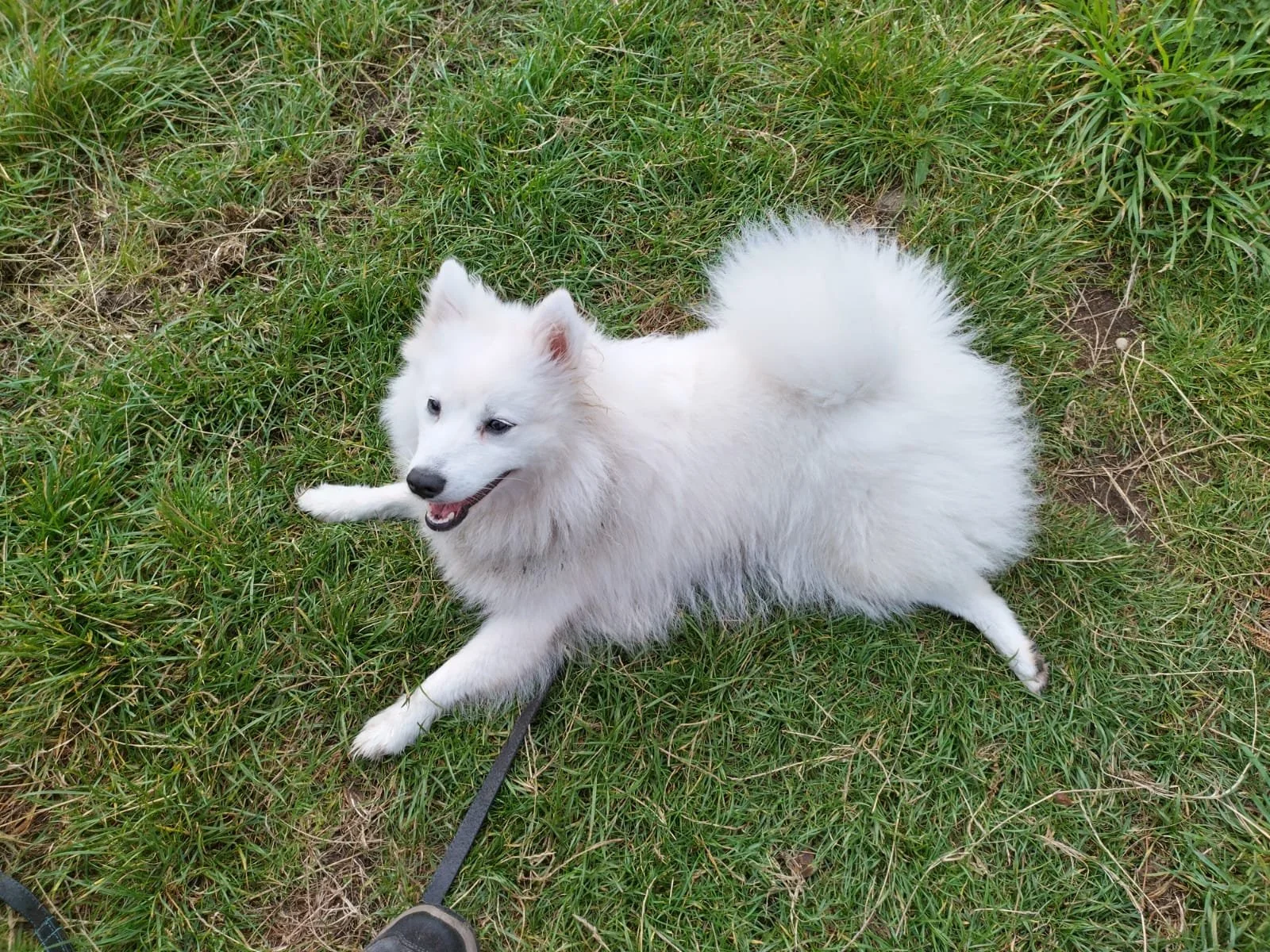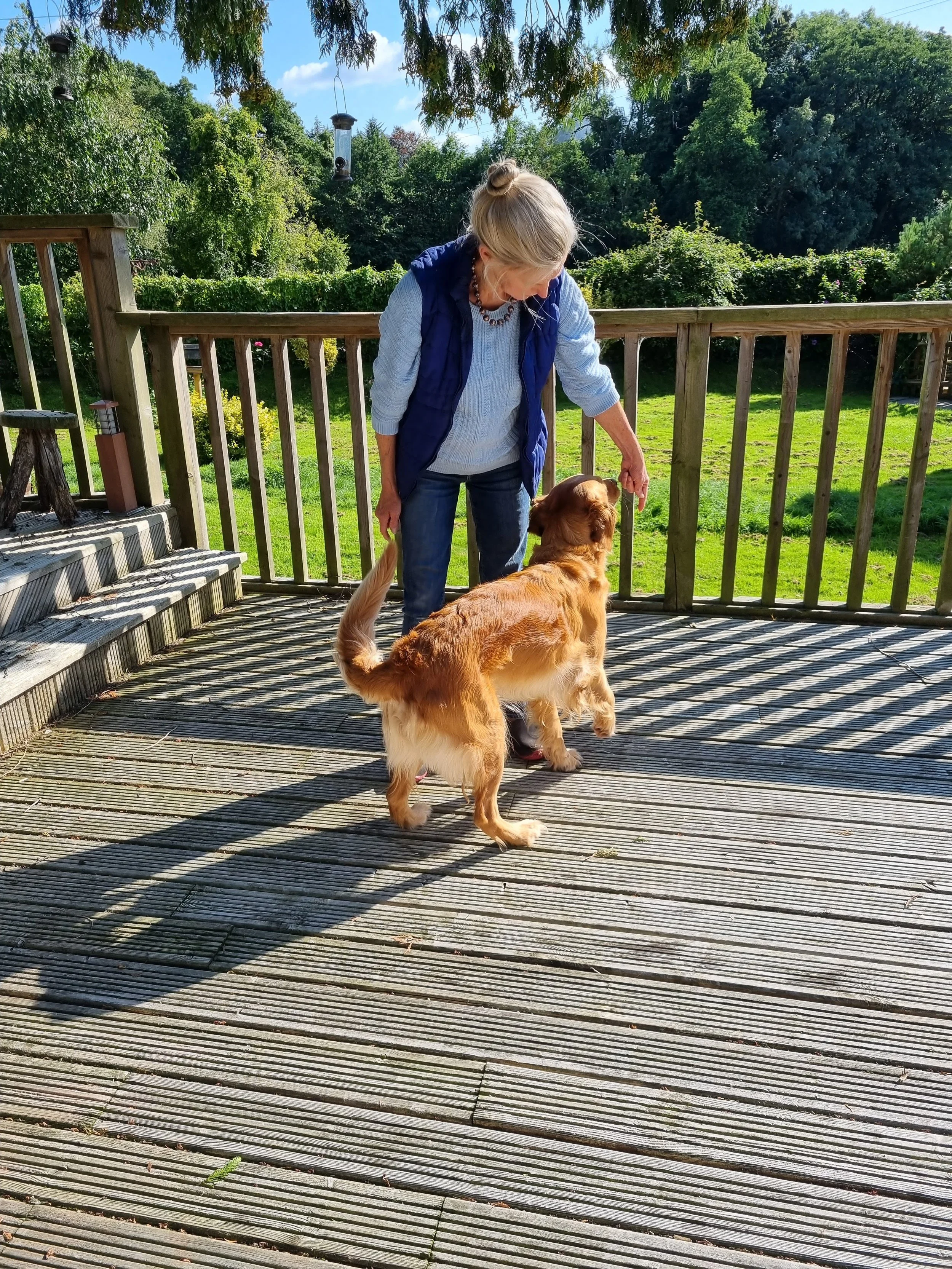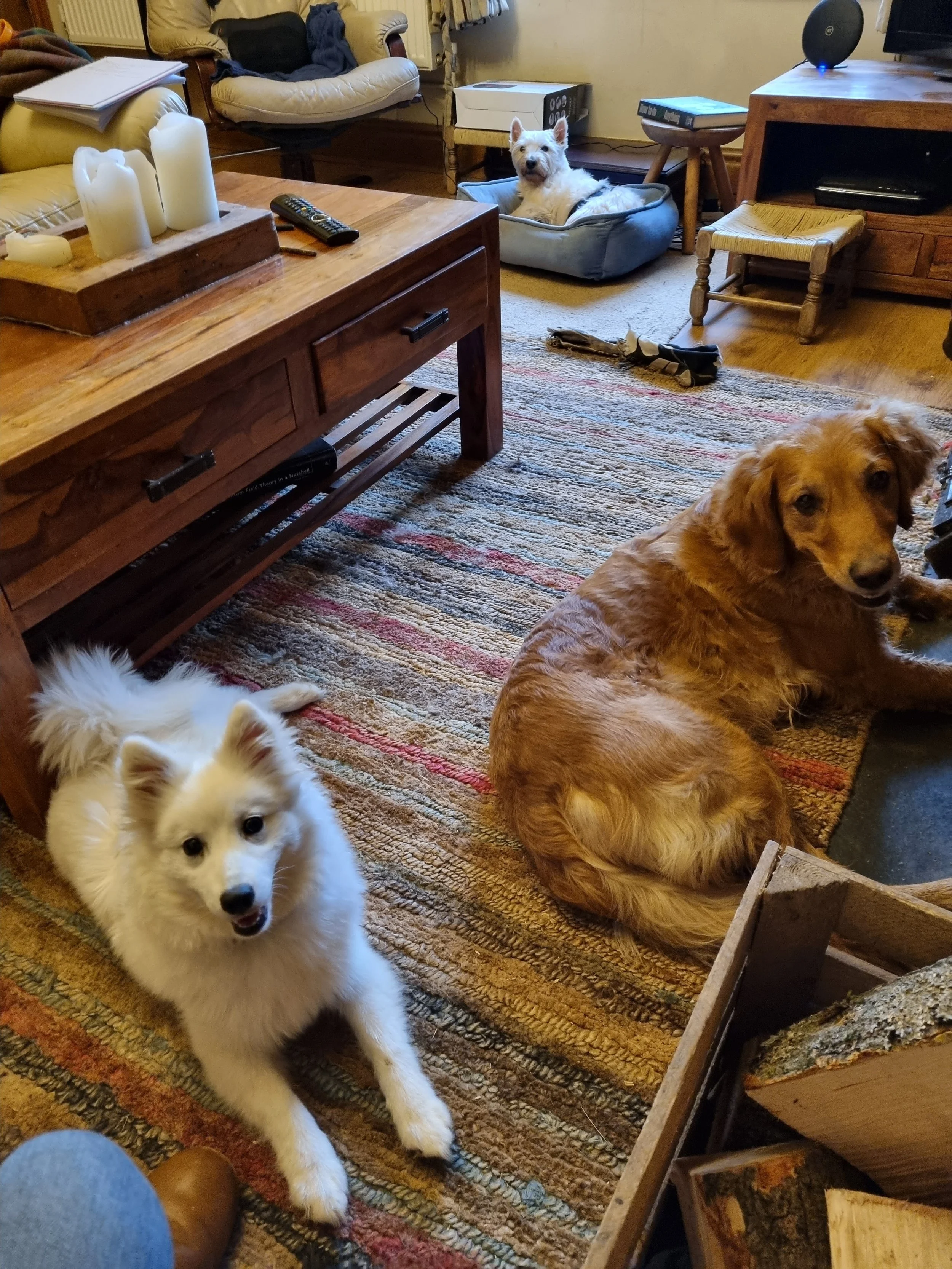how adolescence affects dogs
It’s been a week of adolescent challenges! I have had several calls from distraught owners whose young dogs seem to have completely changed overnight. For a couple of them, barking at anything and everything has become their new habit. One little terrier, when distracted from constant barking with a chew in his crate, has taken to trying to dig his way out. For a lively 14-month-old Cockerpoo, closing her ears to instructions, pulling on the lead and generally being frustratingly out of control is the way to go. An 11-month-old Frenchie has decided that the way to get attention and fun is to keep nipping just that bit harder every time. For a young German Shepherd Dog, whining and pawing for attention most of the time and barking madly at anything unexpected has become her new routine. Even my own 13-month-old bundle of fur, Nyx, has apparently similarly regressed, leaping in fear at unusual noises or touch, pulling on the lead and barking and growling at the slightest sounds and whining endlessly when I have to work. Whatever entertainment I offer her, she wants something different.
It’s enough to make us wonder where we have gone wrong!
Understanding your dog
All these young dogs are struggling to grow up in a world they are finding difficult to understand. They are mature enough to think that they can deal with the world and make their own decisions but not brave enough to manage calmly. The vast majority of dogs pass through stages of development in their first year or so of their lives, when they show more fear than usual. At these times they can become quite obsessive or traumatised by something minor or even something that we as owners may not even have noticed. They are testing their boundaries and learning how to be adults. It can be tempting to get cross and impatient with them but it really doesn’t help and would undoubtedly make things worse. They are actually just trying to work out how to cope and the more consistent and patient we can be with them, the quicker they will grow out of this phase of their lives.
What can we do?
First of all, consider if you are giving your young dog too much freedom too soon. It’s not unusual for people to decide to take away a dog’s crate and any house lines or other management techniques, once their dog is house trained, in the belief that they are no longer necessary. It’s a bit like thinking that your 16-year-old is now a responsible adult, letting him have free run of your home for a party and wondering why the place is filthy, beer cans all over the grass, and food trodden into your brand-new Persian carpet! Freedom needs to be earned, and extended as and when you are confident that your dog can handle it.
Offer your dog plenty of sensory stimulation and opportunities for licking, chewing and sniffing in a safe environment to let them learn in their own time and at their own pace. Free Work is a great way to help your young dog to experience new textures, surfaces, heights, tastes, smells and even introduced sounds. It’s also fun, absorbing and tiring for them. You can use this kind of activity to distract your dog from problem behaviours when they won’t listen to you.
Do what you can to manage their environment to minimise any problems, such as putting up a barrier to stop jumping up onto worksurfaces and offering delicious chew toys in their bed to dissuade them from scrabbling in their crate.
Teach them alternative behaviours to the ones you don’t like, such as hand targeting or ‘Come’ to distract them if they bark and ‘Look at Me’, or changing direction if they are preparing to bark or rush off when they are out. Frequent obedience training and playing games, if only for a few minutes at a time, will give your young dog a job to do and a reason to take notice of what you say.
Try not to change the way you interact with your dog and instead, calmly reinforce the rules and boundaries of their life with you. Remember that this is a phase that will pass and keep giving them the support, boundaries and structure to their lives that they are familiar with. Patience and understanding are the best ways to handle this time. Your dog needs the security of knowing that you care and are the centre of their world. Life is challenging enough without losing the calm influence of good guidance from you.
Yesterday, for the very first time, Nyx not only climbed a flight of stairs when we visited a coffee shop in town, she trotted down again without a pause. It’s a moment I’ve been waiting for ever since she arrived! Despite the whining and barking she is definitely making progress.
Celebrate the small successes and the rest will follow!



